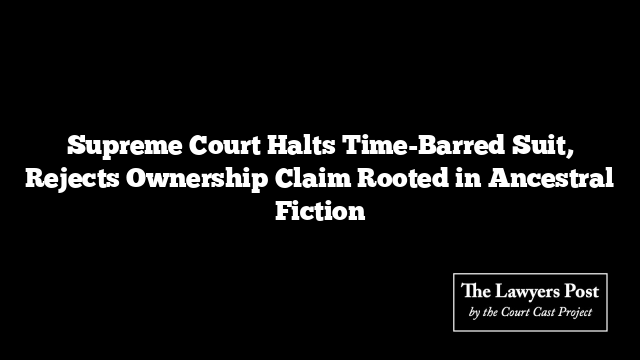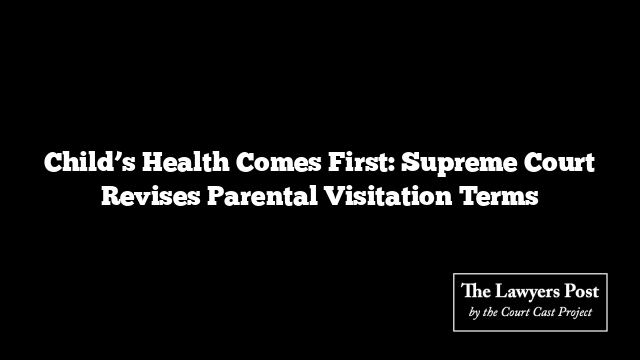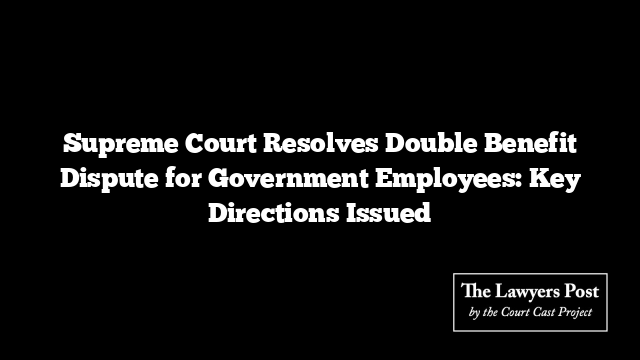The Supreme Court has decisively intervened in a protracted legal battle over ancestral land claims, overturning a 2016 Bombay High Court order and rejecting a suit deemed “hopelessly time-barred.” The case centered on a plaintiff’s assertion of ownership over properties allegedly inherited from the Bhonsale dynasty, claiming descent from Chhatrapati Shivaji Maharaj.
The plaintiff had sought a declaration of ownership and possession of extensive lands across Maharashtra. However, the defendants argued that the suit was invalid under the Limitation Act, 1963, which imposes a three-year limit for such claims. Despite their objections, the trial and high courts previously allowed the case to proceed, treating the limitation issue as a mixed question of fact and law requiring evidence.
Reversing these decisions, the Supreme Court, led by Justices JB Pardiwala and R Mahadevan, clarified that when a suit is evidently barred by limitation based solely on the plaint’s averments, courts must act swiftly to reject it, avoiding unnecessary trials. The Court underscored that litigation lacking substantive legal grounding should be curtailed to prevent undue strain on defendants and judicial resources.
The justices found the plaintiff’s claims riddled with inconsistencies and unsupported by evidence. Key transactions, including a 1938 court-ordered sale and a 1952 registered sale deed, undermined the alleged ancestral ownership. Furthermore, the plaintiff’s purported cause of action, tied to government resolutions from the 1980s, was dismissed as a fabricated timeline designed to bypass legal time limits.
The Supreme Court’s ruling reaffirmed that courts must reject baseless suits at the threshold when clear abuses of legal process are evident, safeguarding judicial efficiency and fairness.





